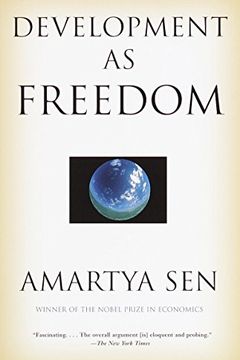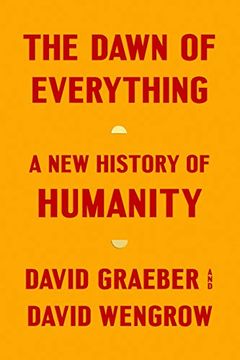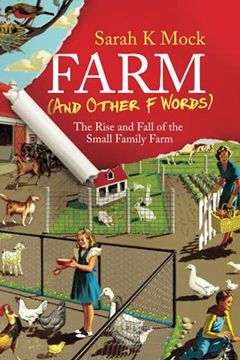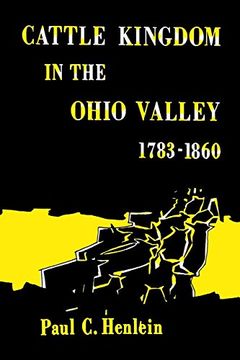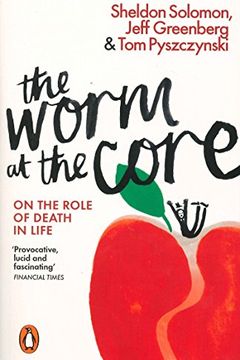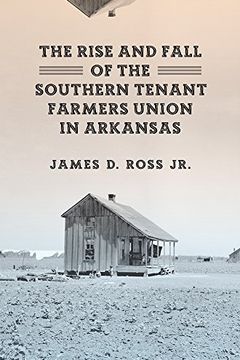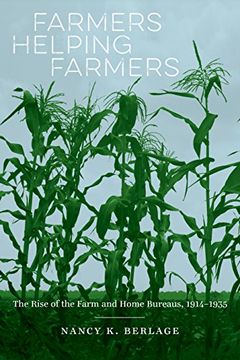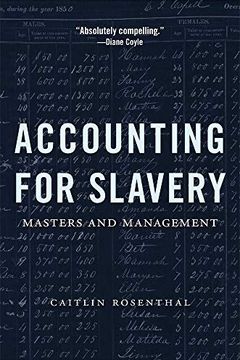12 книг в списке
Сортировать по
Сначала последние рекомендации
Макет
An essential and paradigm-altering framework for understanding economic development in the twenty-first century. The Nobel Prize-winning author argues that freedom is both the end and means of sustaining economic life and securing the general welfare of the world's entire population. He demonstrates the current applicability and possibilities of freedom, releasing it from any historical or political associations. With practical and optimistic solutions for regaining social accountability in today's global economy, this book is essential reading for all.
Sarah Taber
2022-04-22T21:18:03.000ZРекомендовано
Max RoserThis groundbreaking book challenges our assumptions about social evolution and human history. The authors delve into the origins of farming, property, cities, democracy, slavery, and civilization itself, revealing unexpected and hopeful possibilities. Through research in archaeology and anthropology, they argue that human history is less set in stone than we tend to assume, and offer new ways of imagining freedom and organizing society. With formidable intellectual range and a faith in the power of direct action, this book is a must-read for anyone interested in rethinking the course of human history.
Sarah Taber
2021-12-19T20:18:24.000ZWe love The American Farmer. We trust them to grow our food, to be part of children’s nursery rhymes, to provide the economic backbone of rural communities, and to embody a version of the American dream....
Sarah Taber
2021-12-19T20:18:24.000ZThe great beef-cattle industry of the American West was not born full grown beyond the Mississippi. It had its antecedents in the upper South, the Midwest, and the Ohio Valley, where many Texas cattlemen learned their trade. In this book Mr. Henlein tells the story of the cattle kingdom of the Ohio Valley—a kingdom which encompassed the Bluegrass r...
Sarah Taber
2021-09-24T01:31:12.000ZExplore the groundbreaking theory that the fear of death is the hidden driving force behind our daily decisions in this thought-provoking and fascinating book. Discover how understanding our mortality can help us live more authentically, make better choices, and overcome fear and anxiety. With beautiful writing and original ideas, this book is a must-read for anyone seeking a deeper understanding of the human psyche.
Sarah Taber
2020-11-22T16:12:09.000ZThis fascinating historical account explores the rise and fall of the Southern Tenant Farmers Union (STFU) during the Great Depression in Arkansas. The author, James Ross, uncovers the perspective of the sharecroppers and tenant farmers who made up the union's rank and file. This revisionist history sheds light on the socialist convictions of the union's leaders and its biracial membership, challenging traditional theories about the STFU's demise attributed to external factors.
Sarah Taber
2020-09-01T13:11:14.000ZDiscover how local farm and home bureau organizations played a vital role in rural America's scientific and economic development with Farmers Helping Farmers. In this insightful book, Nancy K. Berlage examines how these organizations utilized university science to improve agricultural and rural life at a local level, despite the changing landscape of the labor market in the 20th century. Berlage delves into the role farm and home bureaus played in working to implement disciplines such as agricultural economics, rural sociology and child science to address issues beyond farming practices. Highlighting the crucial impact these organizations made on American life in the early 20th century, this analysis offers an fresh look into their social, economic, cultural and political functions.
Sarah Taber
2020-07-08T14:51:09.000Z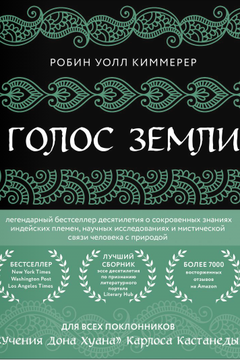
Голос земли
Indigenous Wisdom, Scientific Knowledge and the Teachings of Plants
Эта книга названа «лучшим сборником сочинений десятилетия» литературным порталом Literary Hub.
Очень многие люди в нашей современной жизни чувствуют некую беспомощность и даже ярость, оказываясь в мире, где власть имущие решительно настроены отказаться или уничтожить всё то, что так необходимо всем нам для выживания: воздух, воду, землю. Автор этой книги Робин Уолл Киммерер — мать, учёный, профессор, эколог, активный гражданин и представитель коренного народа Америки потаватоми, не потерявший связи со своими корнями, она чувствует и познаёт мир способом, который гораздо старше любой науки. В этой книге тесно переплетаются несколько подходов к изучению мира — аналитический и эмоциональный, научный и культурологический, — чтобы в итоге найти способы преодоления возрастающего разрыва между людьми и природой. Книга, сотканная из реальных историй и легенд, возвращает людей к диалогу со всем, что зеленеет и растёт, со Вселенной, которая никогда не переставала общаться с нами, даже когда мы разучились слышать. Животные и растения — наши самые старые учителя. Так считает автор этой книги.
«Робин Уолл Киммерер — писатель редкой грации. Она пишет о мире природы с такой великой страстью, что после прочтения книги невозможно смотреть на мир так же, как раньше. Автор отправляет нас в путешествие, которое является как мифическим, так и научным, священным и историческим, таким же умным и мудрым. Она прекрасный учитель, и её слова — это гимн любви к миру». — Элизабет Гилберт.
Sarah Taber
2020-01-07T17:12:20.000ZLearn how Southern planter-capitalists used early forms of scientific management to turn their power over enslaved people into a productivity advantage. Accounting for Slavery challenges the traditional depiction of slavery as a barrier to innovation, revealing how elite planters employed meticulous note-taking and experiments to improve daily profits and productivity. By analyzing old accounting books from Southern and West Indian plantations, the author provides a groundbreaking investigation of business practices in relation to slavery and capitalism.
Sarah Taber
2019-12-17T02:29:11.000ZРекомендовано
Tressie McMillan CottomПочему он делает это? Кто такой абьюзер и как ему противостоять by Lundy Bancroft
Prairie Fires by Caroline Fraser
The Good Jobs Strategy by Zeynep Ton
